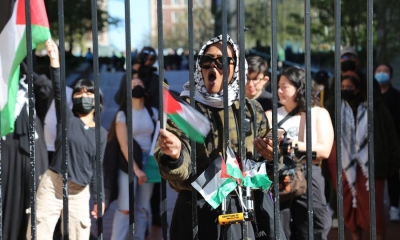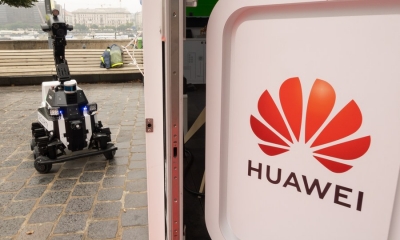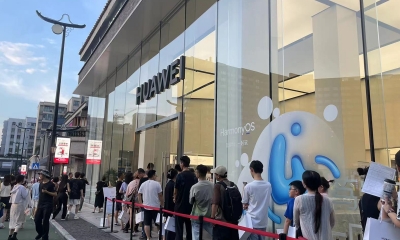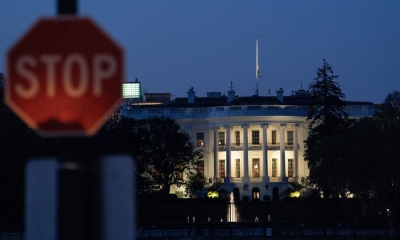NATO Summit Ends with Not Much to Celebrate
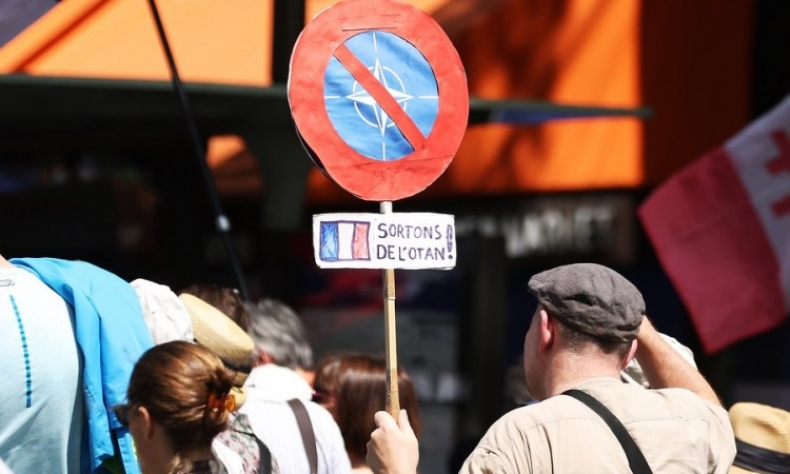
It is clear that Ukraine has an unclear path to join NATO. That reality must make select Asian nations worry as they continue to stoke interest in joining the alliance.
NATO’s summit has come to an end, and the leaders of the organization and some of its member states have hit some of the right notes. The problem is NATO continues to play an ominous tune.
Ukraine’s President, Volodymyr Zelensky, is the most disappointed man leaving Vilnius, Lithuania, the site of the summit. He and his country were the recipients of plenty of words of encouragement in their fight with Russia, but Zelensky did not hear what he wanted to hear – Ukraine will soon be joining the military bloc.
In fact, the promise made as to when Ukraine might become part of NATO has more holes in it than Swiss cheese.
U.S. President Joe Biden took an aggressive posture at the summit in suggesting NATO “will not waver” in its support of Ukraine. And, yes, Ukraine will receive an upgrade in its military capabilities and training, both of which, in theory, will make it a more powerful nation. Yet Biden was among the political leaders telling Zelensky that Ukraine cannot join NATO until the war with Russia ends.
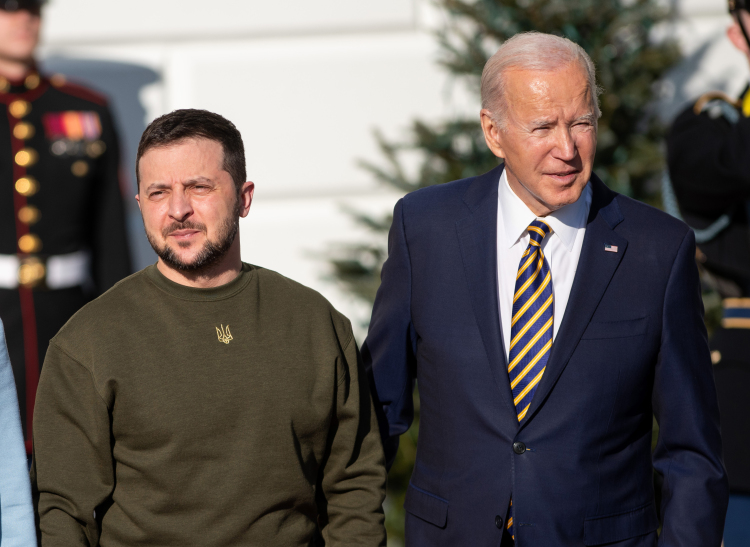
Left unclear was how to define when the war ends. Does it come to a conclusion when the fighting stops? If Russia and Ukraine cannot solve their territorial conflicts at a negotiating table, what then? Does it come to an end with a peace treaty, if one is actually signed?
Or will Brussels, likely acting on the will of Washington, come up with its own set of criteria, ones that will certainly be favorable to the West? Keep in mind that NATO has made unfulfilled promises to Ukraine for 15 years. Why would the organization feel compelled to actually follow through on a commitment now?
Make no mistake, Russia and Ukraine are both in a trap with this absence of clarity.
Russia now has one less reason to seek a diplomatic solution to the war. To do so could be used as an interpretation by the West that the military conflict is at end. Therefore, Russia must continue the fight, an effort that plays well into NATO’s hands because the alliance wants to further weaken Russia. The longer Russia remains at war, the longer it will take for the country to fully restock its military potential. On top of that, the West can keep its economic sanctions in place, even though they have not collapsed the Russian economy, something Western leaders wanted their citizens to believe was a certainty. Shockingly, there is a chance Russia’s economy will grow in 2023.
At the same time, Ukraine must remain steadfast knowing France – a European power – is openly questioning why the continent always walks in lockstep with the U.S. in America’s many military adventures. If France’s message resonates across Europe, public support the continent has shown for the war will suffer. Americans, too, are not as enthusiastic as they once were about supporting Ukraine. With the 2024 presidential election approaching, some U.S. allies wonder if domestic politics will require Washington to pull back on some of its military support for the country.
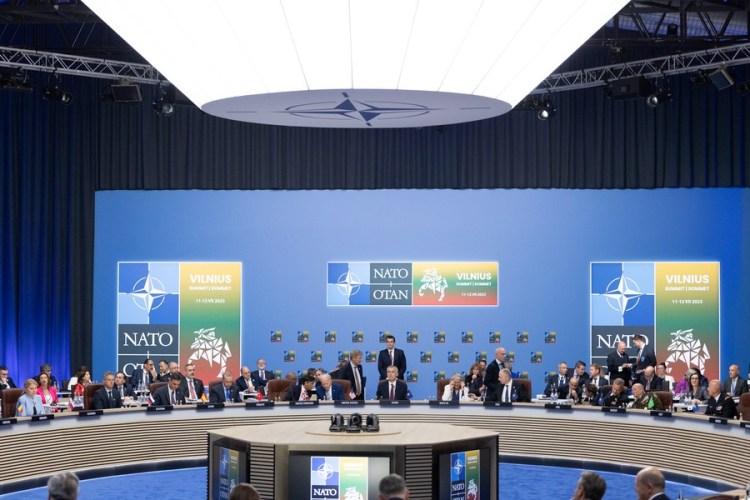
Unless and until that happens, significant portions of Ukraine become ever more dangerous, and it will take even more money and time in an attempt to make the country whole. Remember, cities and countryside across Europe remain free of damage as Ukraine’s landscape is torn apart.
It is clear that Ukraine has an unclear path to join NATO. That reality must make select Asian nations worry as they continue to stoke interest in joining the alliance. One U.S. official tried to throw ice cold water on the idea of NATO adding Asian nations, saying it was not “adding members from the Indo-Pacific.” Such a statement might have been nothing more than recognition that China continues to view such expansion talk as a real threat. China reiterated a few days ago that “any act that jeopardizes China’s legitimate rights and interests will be met with a resolute response.”
The leaders of Australia, Japan, New Zealand and South Korea attended the NATO summit. Meanwhile, NATO intends to open an office in Japan, a move it claims is needed to ease communication between both parties as they combat twenty-first century challenges such as cyber threats. However, left unclear is NATO’s commitment to come to the aid of any regional country should a military conflict start.
If this is beginning to sound like a familiar narrative, then remember that NATO inched further and further east in Europe knowing it was thumbing its nose at Russia. Why would that blueprint, which the alliance believes worked, not again be followed in East Asia?
If Russia was NATO’s twentieth-century “boogeyman”, then China is the twenty-first century “bad guy”. And that could mean NATO might fight while putting off as long as possible actually bringing Asian nations into the fold. That presumes they truly intend to do that.
Ukraine has been reflecting on that possibility about itself for 15 years.
The article reflects the author’s opinions, and not necessarily the views of China Focus.
 Facebook
Facebook
 Twitter
Twitter
 Linkedin
Linkedin
 Google +
Google +




